Twelve rebels were killed in two separate raids by Pakistani security forces today, demonstrating the military's stepped-up efforts to combat armed organizations. Following a fatal suicide explosion at Quetta's train station that left 26 people dead, authorities targeted separatist rebels in Balochistan's Kech region, where four militants lost their lives. Eight Tehreek-e-Taliban Pakistan members were killed in the second raid in North Waziristan. These operations highlight Pakistan's two wars: one against TTP extremists who want to establish Taliban-style rule, and another against Baloch separatists who want independence in the southwest. The raids are part of Pakistan's larger counterinsurgency war, which has killed 193 Pakistani soldiers in more than 32,000 anti-terrorism operations this year alone.
The Broader Fight
Pakistan's war against insurgents spans vast territory and complex political landscapes. In Balochistan, the military faces the Balochistan Liberation Army and other separatist groups whose grievances run deep - decades of political marginalization and claims of economic exploitation fuel their armed struggle for autonomy or independence. The BLA has evolved its tactics, now deploying suicide bombers and launching coordinated attacks on both military and civilian targets. They increasingly exploit neighboring Iran and Afghanistan as staging grounds for cross-border strikes.
The stakes are evident in the military's response in Balochistan. The state's ambition to keep power is reflected in its harsh measures, which include contentious "kill-and-dump" operations against suspected militants and activists. However, these same strategies are criticized globally and run the risk of escalating local animosity, highlighting the precarious equilibrium between political solutions and security goals.
Meanwhile, there are new difficulties in the battle against the TTP. The group, which was founded in 2007 by Pakistani jihadists who had previously fought with the Afghan Taliban, seeks to topple Pakistan's government and impose strict Sharia law. Some of Pakistan's bloodiest attacks, such as the 2014 Peshawar school massacre, which compelled a significant change in the country's counterterrorism approach, are part of their campaign of violence.
Evolving Threats
Pakistan's insurgency approach has been based on the National Action Plan since 2015, which was implemented following the devastating Peshawar school attack. This strategy includes counter-radicalization programs, legislative changes, intelligence sharing, and military action. Still, insurgents are always shifting their tactics, using Pakistan's wide borders with Afghanistan and Iran to create safe havens.
The challenge of cross-border militancy particularly complicates Pakistan's counterinsurgency efforts. Both the BLA and TTP benefit from the ability to retreat across international boundaries, regrouping before launching new attacks. Pakistan's claims of foreign support for separatist movements, particularly accusations against India, add another layer of complexity to the security landscape.
The human cost of this ongoing conflict cuts deep. Beyond military casualties, civilian deaths and allegations of human rights violations strain relations between security forces and local populations. In Balochistan particularly, reports of thousands of activists disappearing or dying under security operations fuel cycles of animosity and resistance that prolong the outbreak of new militias and conflicts.
Implications
These raids are simply a link in the chain of Pakistan's continuing strategy of aggressive military response to insurgent threats. Yet the broader pattern of violence - exemplified by recent attacks like the Quetta station bombing - suggests military force alone cannot resolve the underlying conflicts. The TTP maintains its ability to strike at security forces and civilians alike, while Baloch separatists show increasing sophistication in their operations.
Protecting a large area while battling several insurgencies with varying objectives and strategies presents a challenge for Pakistan's security forces. The military's operational capacity is generally regarded as effective, but the persistent need for militant presence shows the resilience of these groups and the difficulty of the problems they create.
The involvement of neighboring states and accusations of foreign interference further complicate Pakistan's security calculations. Cross-border safe havens remain a critical challenge, requiring diplomatic solutions alongside military operations.
Today's successful raids against both separatist and militant targets demonstrate Pakistan's continued commitment to combating insurgent threats through military means. However, the broader context of these operations - including the recent Quetta bombing and ongoing militant activities - suggests the path to lasting stability requires more than tactical victories. These complicated disputes, involving border dynamics and multilateral involvement call for a nuanced response combining military action with political and diplomatic efforts.



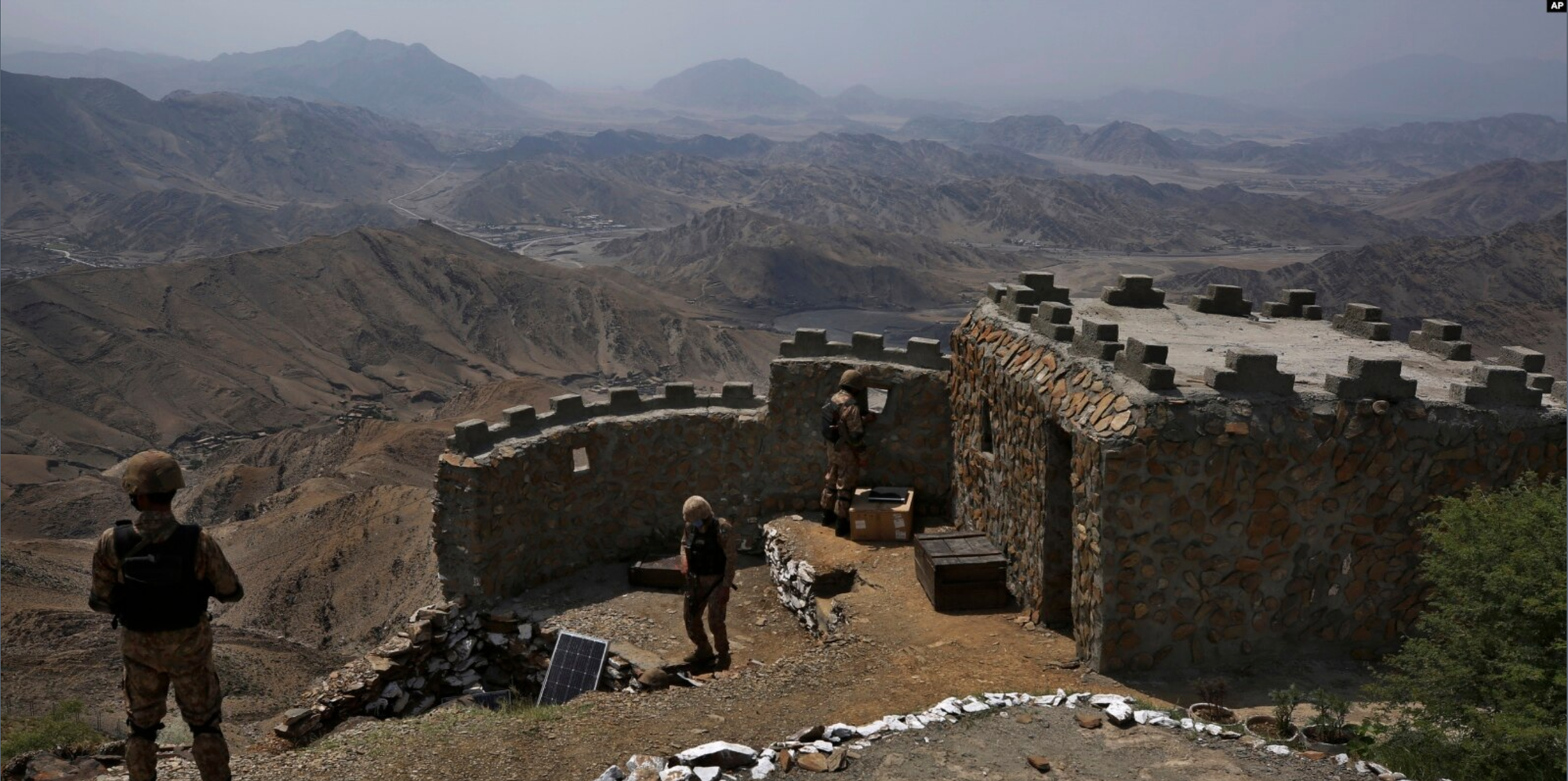



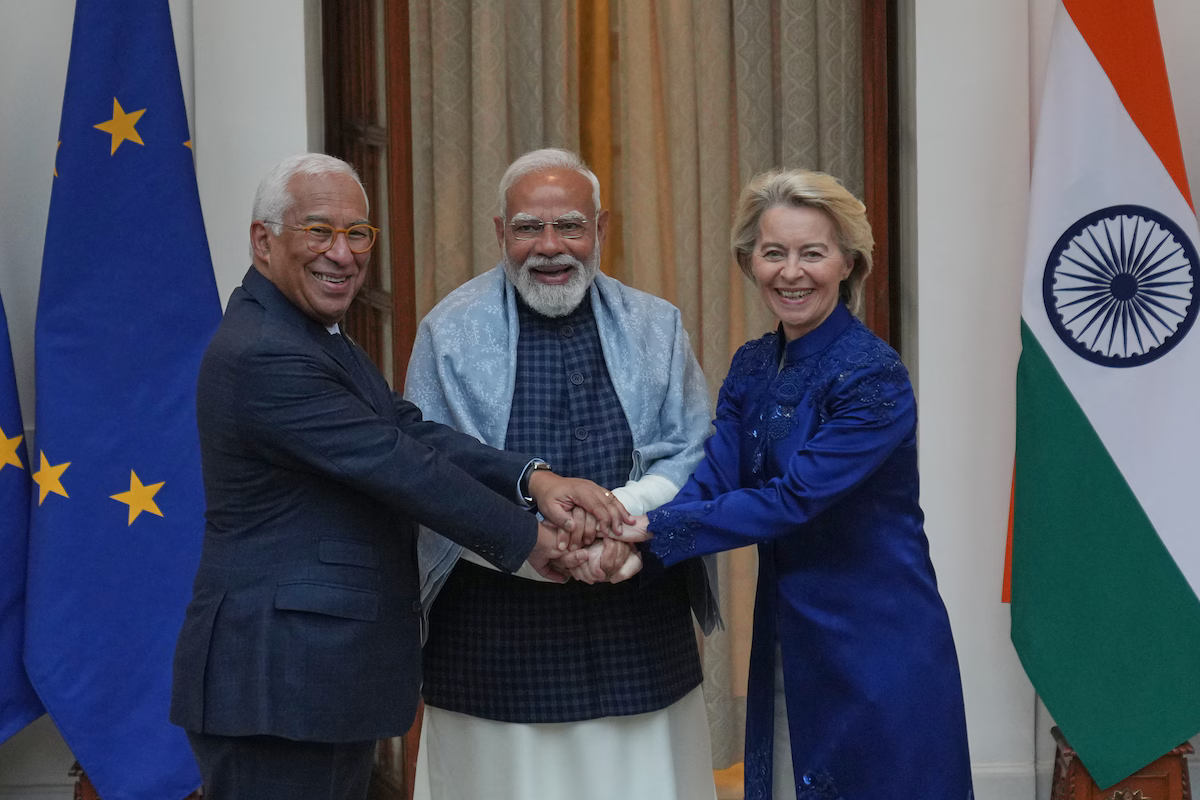

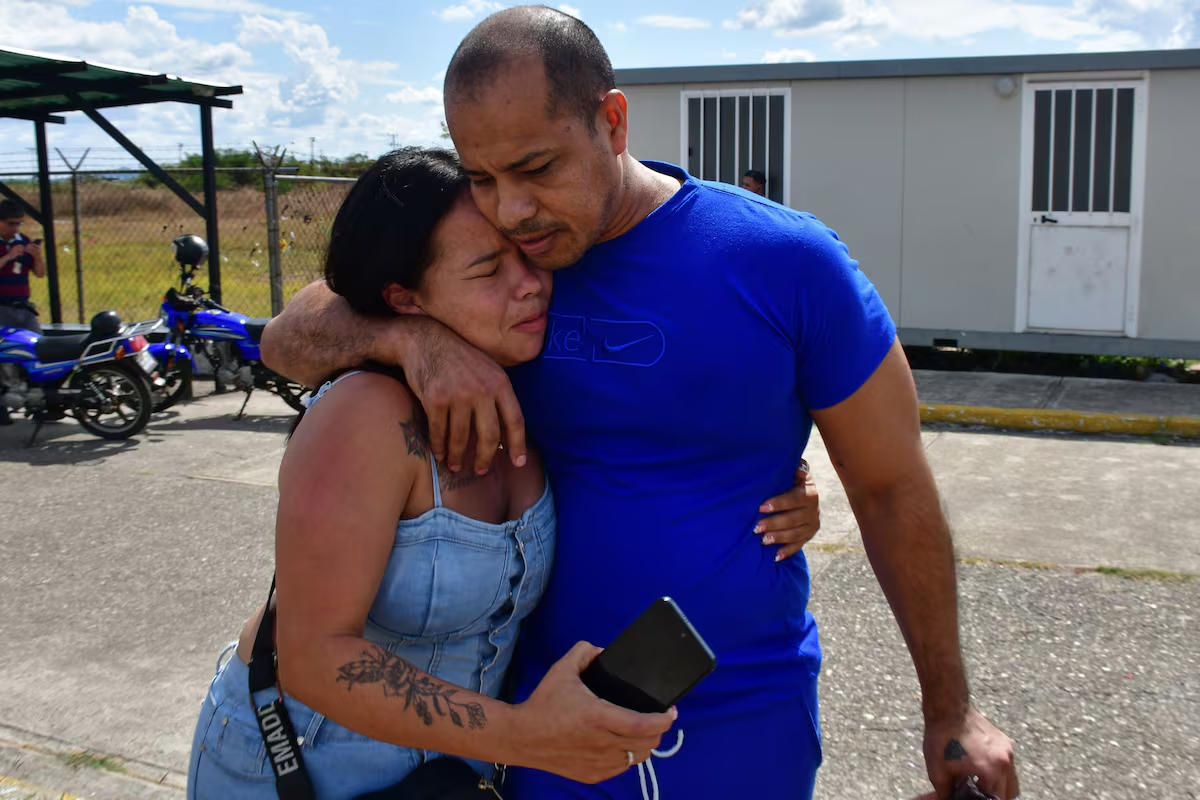


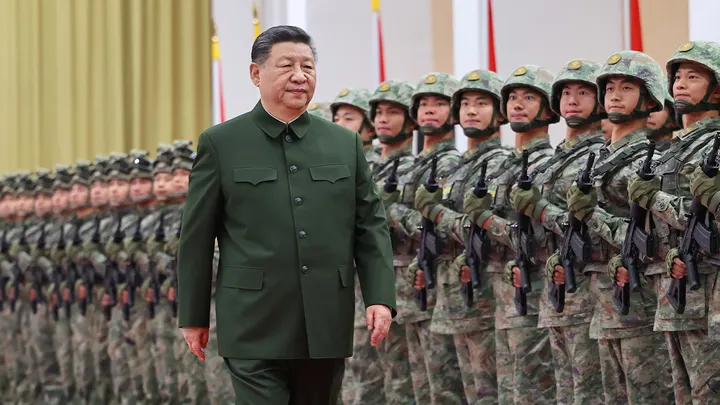

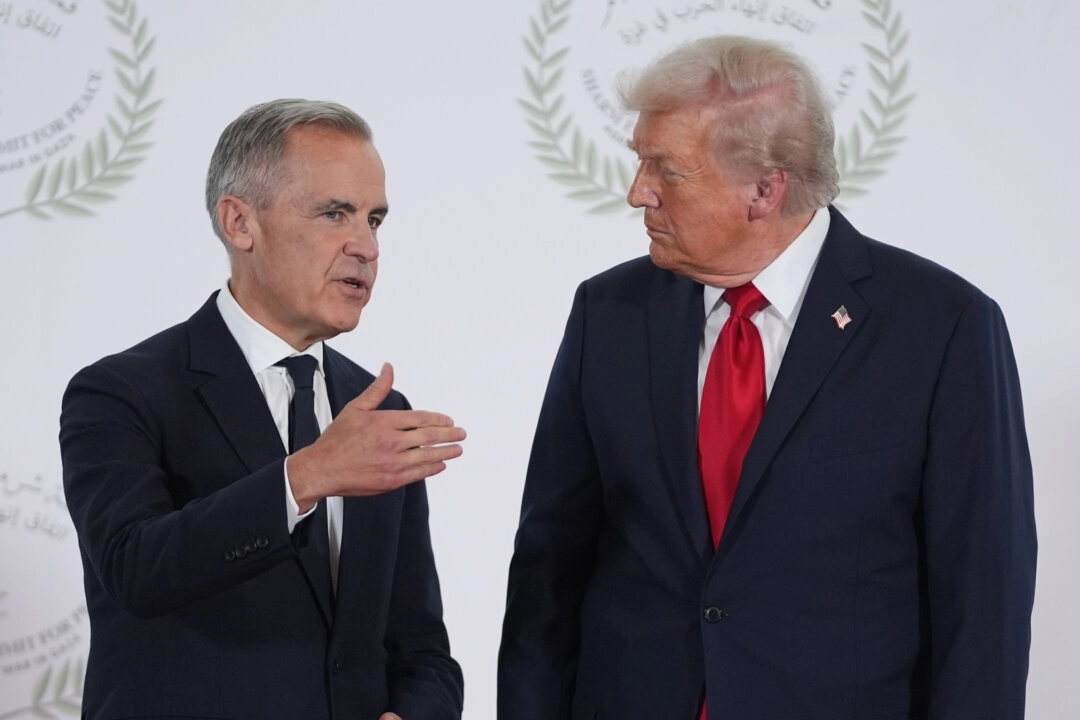
Discussion